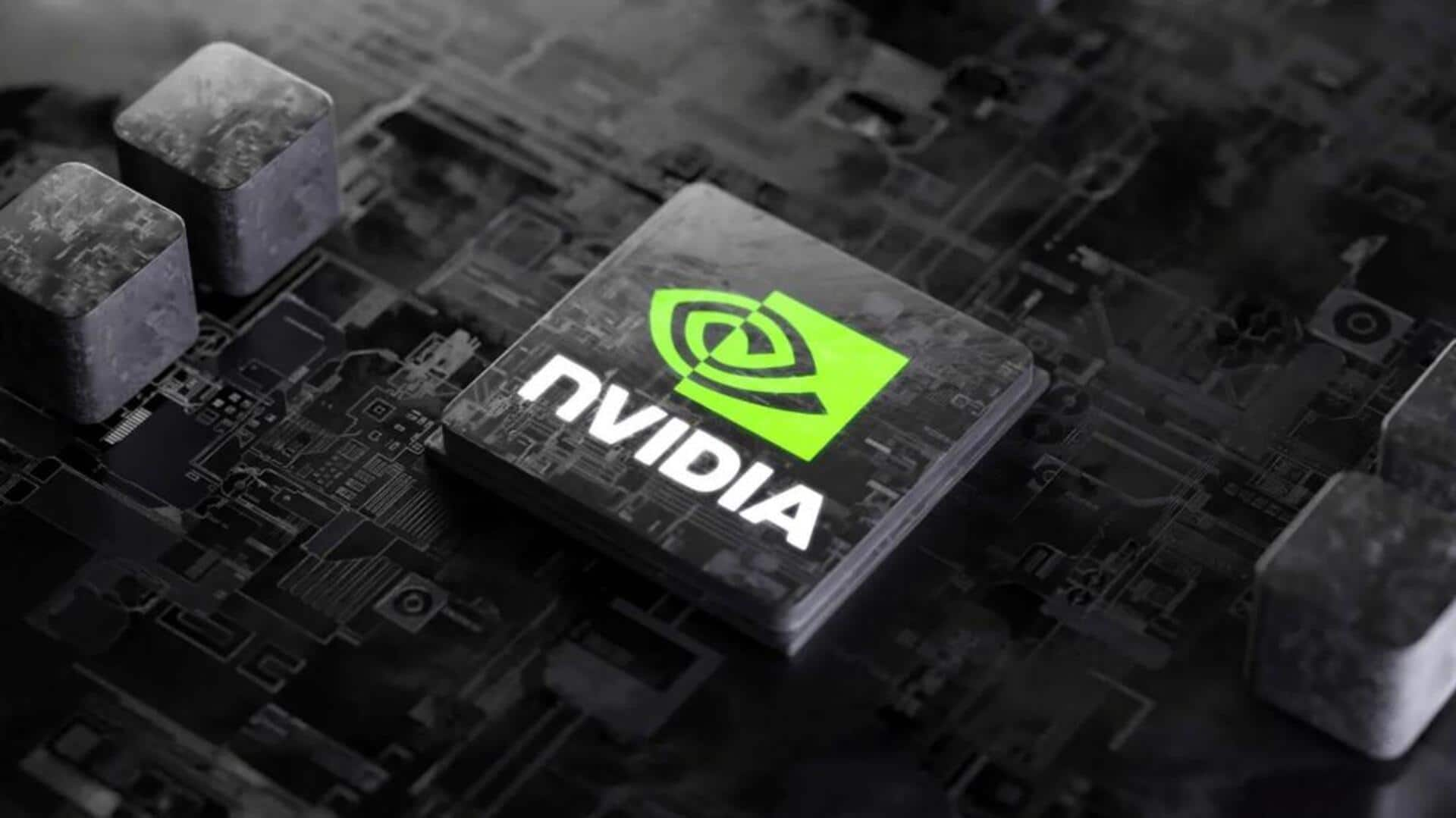
Why China's internet regulator has summoned NVIDIA
What's the story
China has raised alarms over possible security threats posed by NVIDIA's H20 artificial intelligence chip. The move comes just weeks after a US export ban on the chip was lifted, casting a shadow over NVIDIA's sales prospects in China. The Cyberspace Administration of China (CAC), the country's internet regulator, expressed concerns over a US proposal that advanced chips sold abroad should have tracking and positioning functions. It has now summoned NVIDIA for a clarification.
Inquiry details
Meeting summoned by CAC
The CAC has summoned NVIDIA for a meeting today. The purpose of the meeting is to clarify whether its H20 AI chip poses any backdoor security risks. The regulator is particularly concerned that this could possibly compromise Chinese user data and privacy rights. However, NVIDIA has yet to respond to these allegations or the CAC's request for clarification.
Security concerns
Serious security vulnerabilities flagged
The CAC has flagged serious security vulnerabilities in NVIDIA's H20 AI chips, particularly their location tracking and remote shutdown capabilities. This comes as a stark contrast to the recent thaw in trade relations between the US and China. Just days ago, trade officials from both countries met at a Stockholm summit.
Market reentry
H2O chip was banned in April
The specific H20 product in question was banned from sale to China in April. However, it was recently cleared for market reentry by US authorities. Despite these developments, US lawmakers have criticized this move over fears that it could enhance Beijing's military capabilities and strengthen its AI competitiveness against the US.
Market strategy
Antitrust investigation in China
NVIDIA has been at the center of US-China tensions, but the company remains committed to the Chinese market. Last month, CEO Jensen Huang visited China to show his dedication and met with government officials. Despite strong demand for its products from Chinese tech firms, military bodies, state-run AI research institutes, and universities, NVIDIA is also facing an antitrust investigation over alleged anti-monopoly law violations.